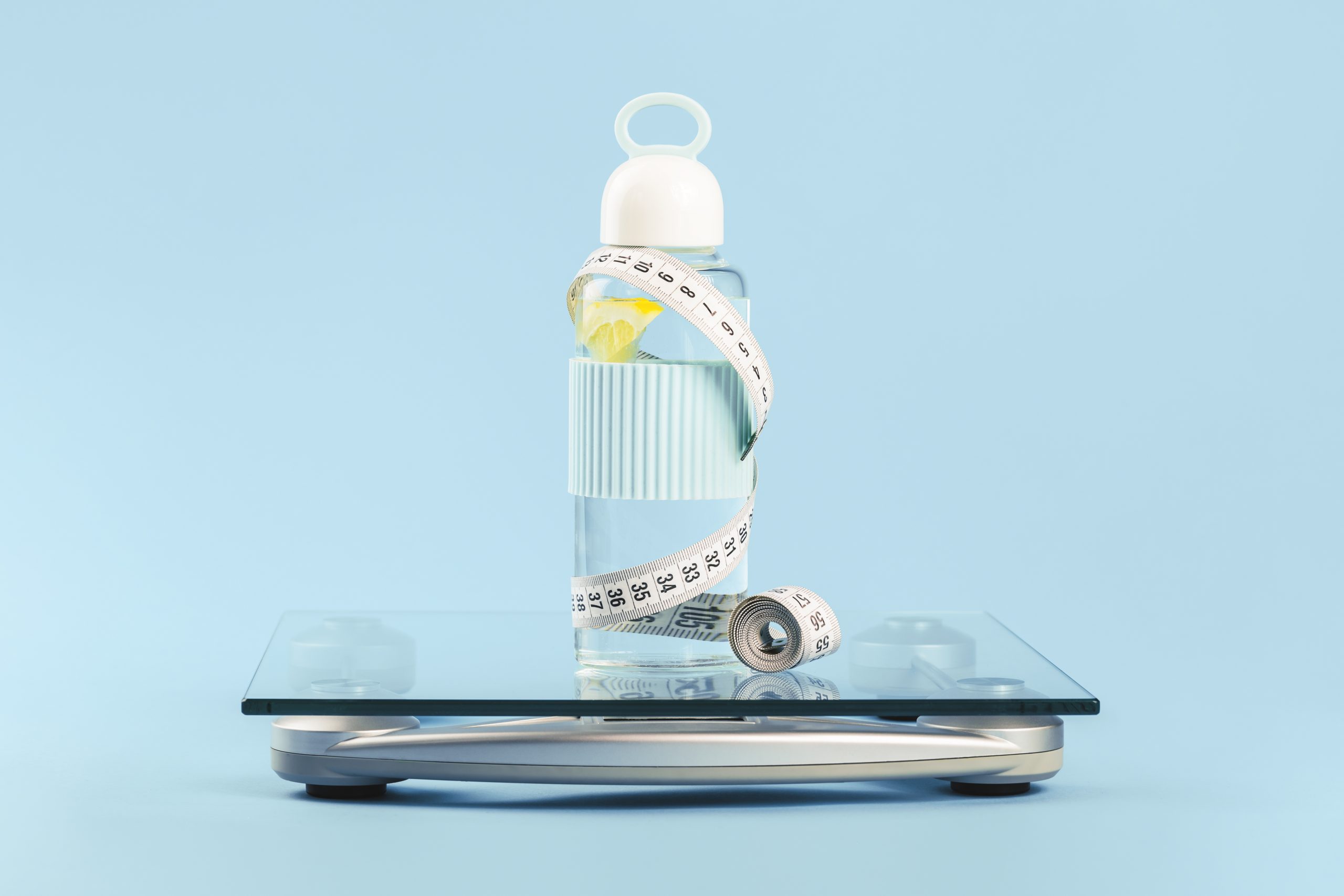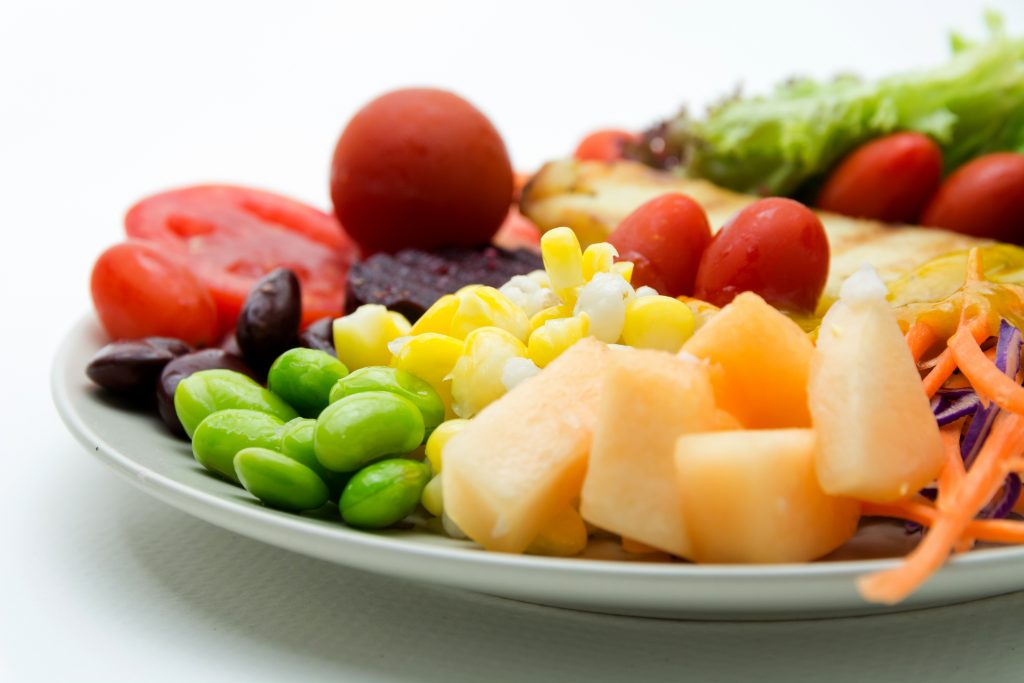When it comes to weight loss, people often focus on diet and exercise, but one vital factor that is frequently overlooked is hydration. Proper hydration plays a significant role in achieving and maintaining a healthy weight. In this article, we will explore the role of hydration in weight loss and understand why staying hydrated is essential for reaching your weight loss goals.
- Appetite Regulation: Adequate hydration can help regulate appetite and prevent overeating. Sometimes, our bodies mistake thirst for hunger, leading us to eat more when what we really need is hydration. By staying hydrated, you can better differentiate between hunger and thirst, reducing the likelihood of unnecessary snacking or overeating.
- Enhanced Metabolism: Water is essential for optimal metabolism, the process by which your body converts food into energy. Proper hydration helps maintain a healthy metabolic rate, allowing your body to efficiently burn calories. In fact, research has shown that drinking water temporarily increases resting energy expenditure, helping you burn more calories throughout the day.
- Improved Digestion: Hydration plays a crucial role in proper digestion. Sufficient water intake helps soften and move food through the digestive tract, promoting regular bowel movements and preventing constipation. By maintaining a healthy digestive system, you can optimize nutrient absorption and support overall weight management.
- Calorie-Free Hydration: Choosing water or other zero-calorie beverages as your primary source of hydration can help reduce overall calorie intake. Many sugary drinks and beverages, such as sodas, juices, and energy drinks, are high in calories and can contribute to weight gain when consumed in excess. Opting for calorie-free hydration options can help cut unnecessary calories from your diet.
- Exercise Performance: Hydration is crucial for optimal exercise performance, and regular physical activity is a key component of weight loss. When you are dehydrated, your exercise performance may suffer, leading to reduced intensity and duration of workouts. Staying well-hydrated helps maintain energy levels, improve endurance, and support more effective workouts, ultimately aiding in weight loss efforts.
- Water Retention Reduction: Paradoxically, dehydration can lead to water retention as the body holds onto fluids to compensate for inadequate hydration. This can result in bloating and temporary weight gain. By staying hydrated, you can prevent excessive water retention and promote fluid balance, giving you a more accurate reflection of your body’s true weight.
Tips for Staying Hydrated:
- Drink Water Regularly: Make water your beverage of choice throughout the day. Keep a reusable water bottle with you as a reminder to drink water consistently.
- Monitor Fluid Intake: Be mindful of your fluid intake, especially during hot weather or when engaging in physical activity. Increase your water consumption to compensate for fluid loss through sweating.
- Eat Hydrating Foods: Include hydrating foods in your diet, such as fruits and vegetables with high water content. Cucumbers, watermelon, strawberries, and lettuce are excellent choices.
- Set Reminders: If you struggle to drink enough water, set reminders on your phone or use apps that prompt you to hydrate at regular intervals.
- Flavor Water Naturally: If you find plain water boring, infuse it with natural flavors like lemon, lime, or fresh herbs to enhance the taste and make hydration more enjoyable.
- Listen to Your Body: Pay attention to your body’s thirst cues and drink water whenever you feel thirsty. Additionally, monitor the color of your urine, as pale yellow urine is an indicator of proper hydration.
Remember, individual hydration needs may vary depending on factors such as age, activity level, climate, and overall health. It’s essential to listen to your body’s signals and ensure you meet your unique hydration





